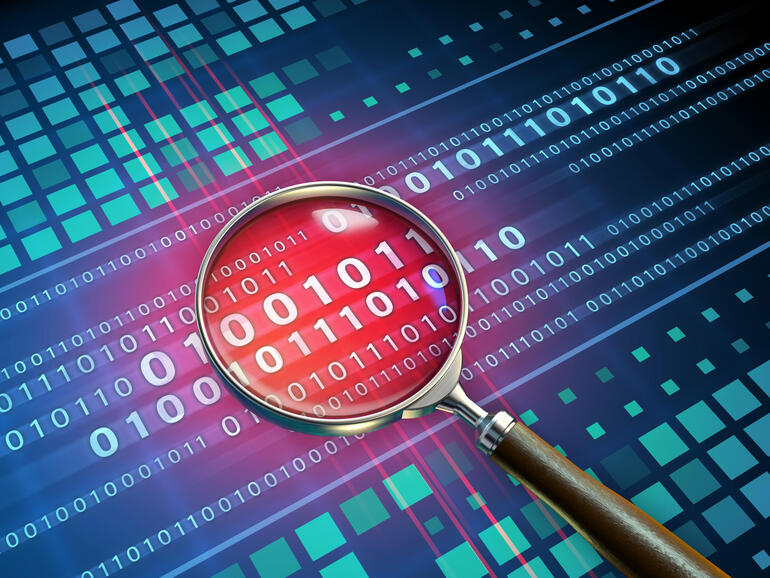SolarWinds hack got emails of top DHS officials » Albuquerque Journal
Suspected Russian hackers gained access to email accounts belonging to the Trump administration’s head of the Department of Homeland Security and members of the department’s cybersecurity staff whose jobs included hunting threats from foreign countries, The Associated Press has learned.
The intelligence value of the hacking of then-acting Secretary Chad Wolf and his staff is not publicly known, but the symbolism is stark. Their accounts were accessed as part of what’s known as the SolarWinds intrusion and it throws into question how the U.S. government can protect individuals, companies and institutions across the country if it can’t protect itself.
The short answer for many security experts and federal officials is that it can’t — at least not without some significant changes.
“The SolarWinds hack was a victory for our foreign adversaries, and a failure for DHS,” said Sen. Rob Portman of Ohio, top Republican on the Senate’s Homeland Security and Governmental Affairs Committee. “We are talking about DHS’s crown jewels.”
……………………………………………………….
The Biden administration has tried to keep a tight lid on the scope of the SolarWinds attack as it weighs retaliatory measures against Russia. But an inquiry by the AP found new details about the breach at DHS and other agencies, including the Energy Department, where hackers accessed top officials’ private schedules.
The AP interviewed more than a dozen current and former U.S. government officials, who spoke on the condition of anonymity because of the confidential nature of the ongoing investigation into the hack.
The vulnerabilities at Homeland Security in particular intensify the worries following the SolarWinds attack and an even more widespread hack affecting Microsoft Exchange’s email program, especially because in both cases the hackers were detected not by the government but by a private company.
In December, officials discovered what they describe as a sprawling, monthslong…



